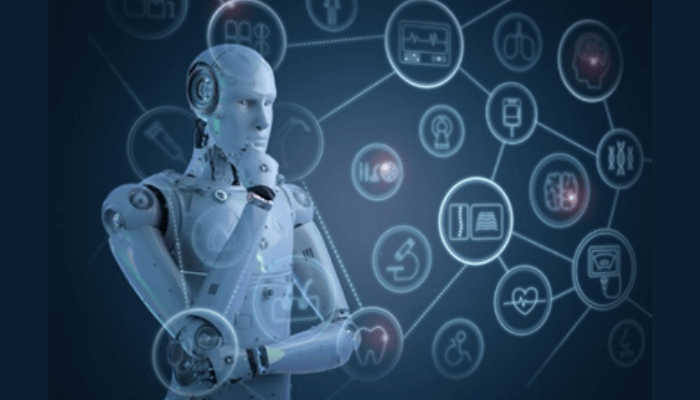Artificial Intelligence has transformed from a distant dream to a technology impacting jobs, problem-solving, and the world in a way comparable to the internet’s early days.
Major tech companies like OpenAI, Microsoft, Meta, and Google are at the forefront of this revolution, constantly launching new AI updates. OpenAI’s latest AI update, ChatGPT-4o, has pushed further whatever boundary existed.
ChatGPT-4o is faster, smarter, and boasts more human-like abilities than its predecessors. Sam Altman, chief executive officer of OpenAI, said, “It feels like AI from the movies, and it’s still a bit surprising to me that it’s real. Getting to human-level response times and expressiveness turns out to be a big change.”
The new GPT-4o will be free to use, and like OpenAI, which started the public AI race in November 2022, its latest model launch is set to raise the bar on what is possible for AI.
The ‘o’ in GPT-4o stands for omni, signifying the model’s ability to handle text, speech, and video. Over the next few weeks, it will be integrated across the company’s developer and consumer-facing products.
Mira Murati, technology chief at OpenAI, said, “GPT-4o reasons across voice, text, and vision. And this is incredibly important because we’re looking at the future of interaction between ourselves and machines.”
The new model will improve the experience of OpenAI’s AI-powered chatbot, ChatGPT. While the platform has long offered a voice mode that transcribes the chatbot’s responses using a text-to-speech model, the new GPT-4o will allow users to interact with ChatGPT more like an assistant.
“We know that these models are getting more and more complex, but we want the experience of interaction to actually become more natural and easy, and for you not to focus on the UI at all but just focus on the collaboration with ChatGPT,” Murati added.
GPT-4o is currently hailed as the first multi-modal AI model capable of real-time reasoning across text, audio, and vision. This opens the door for real-time translations, tutoring functionalities, and more.
Babatunde Fatai, tech lead at MTN, highlighted the significance of GPT-4o’s multimodality on LinkedIn. “This allows for more natural and immersive interactions that mimic how humans communicate,” he said.
Altman, OpenAI’s CEO, echoed this sentiment: “Getting to human-level response times and expressiveness turns out to be a big change. The original ChatGPT showed a hint of what was possible with language interfaces; this new thing feels viscerally different. It is fast, smart, fun, natural, and helpful.”
“Anyone that is not studying ChatGPT closely is going to be left behind. Whether you are an executive who is looking to improve processes, hire the best people, or keep up with your competition,” Ngozi Dozie, co-founder of Carbon, a Nigerian-based digital bank platform., recently told BusinessDay.
The race in AI has intensified since ChatGPT’s launch in November. In 2023, $29.1 billion was invested across nearly 700 generative AI deals, an increase of more than 260 per cent from the prior year, according to PitchBook. The AI market is expected to top $1 trillion in revenue within a decade.
Google, which will also launch new updates for its AI model, recently noted that it now considers itself an AI company. Meta has also made significant strides with AI updates across all its platforms, bringing AI closer to users.
“AI is the fifth revolution,” declared Will Stevens, United States Consul General. “It will revolutionise how we work and how we solve problems in front of us because we will be able to do so with the assistance of these supercomputers that can address and answer questions before we even ask them. It is going to change the way we approach things,” Will Stevens, United States Consul General, said.
While the advancements by AI companies are exciting for many, some industry experts have raised concerns about the ethical implications and privacy risks associated with these AI models.
